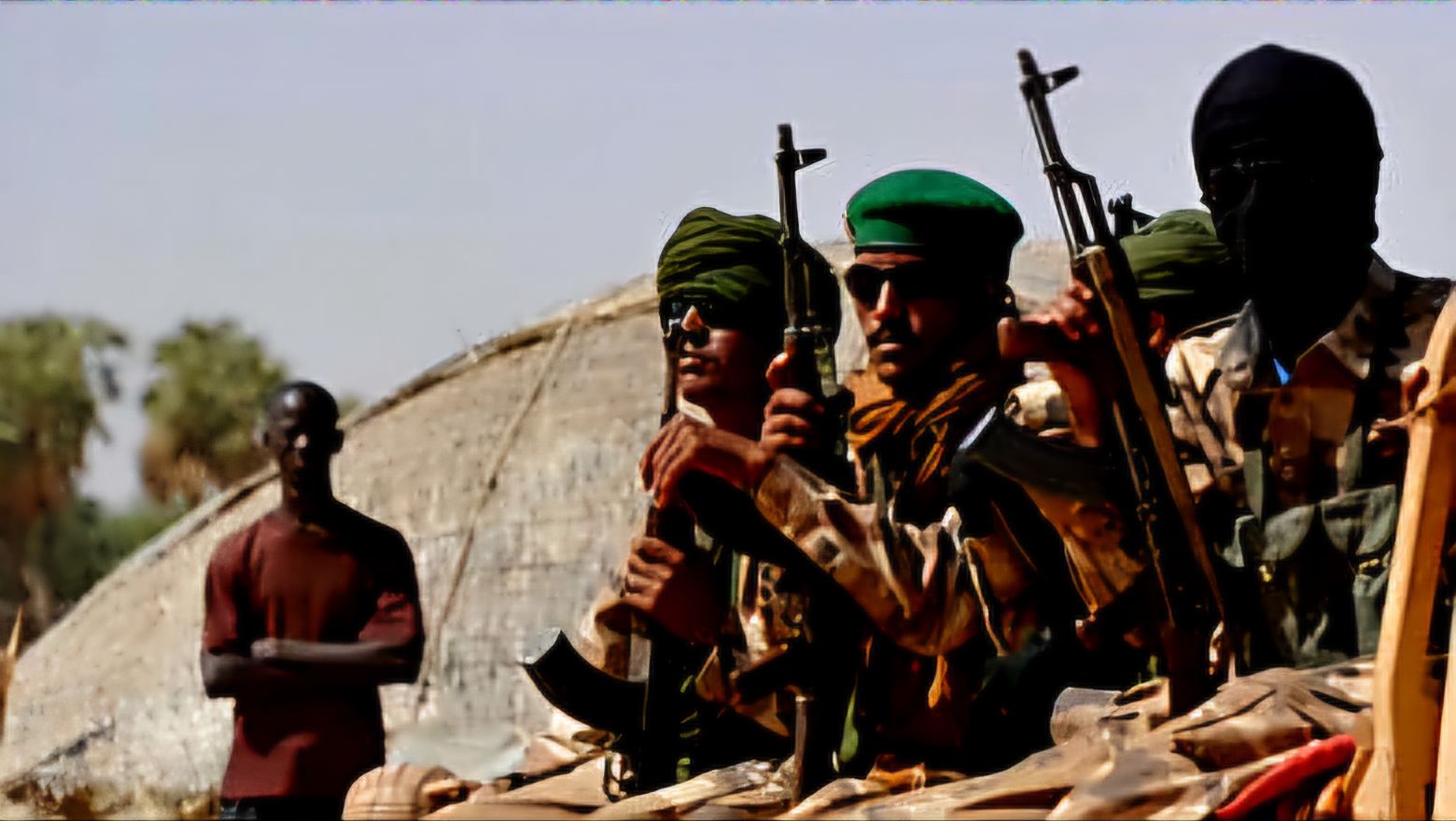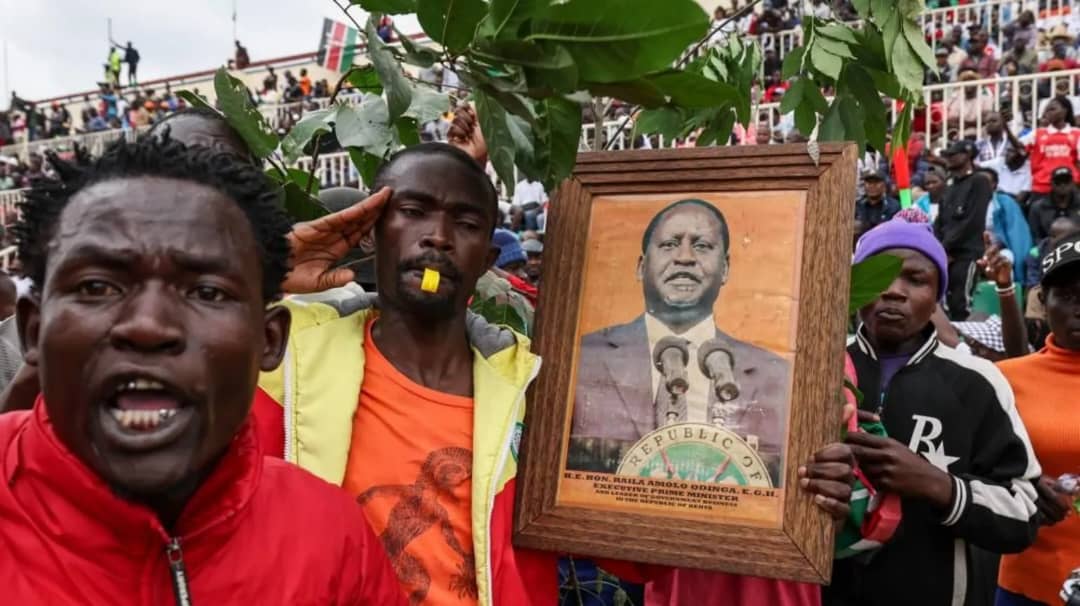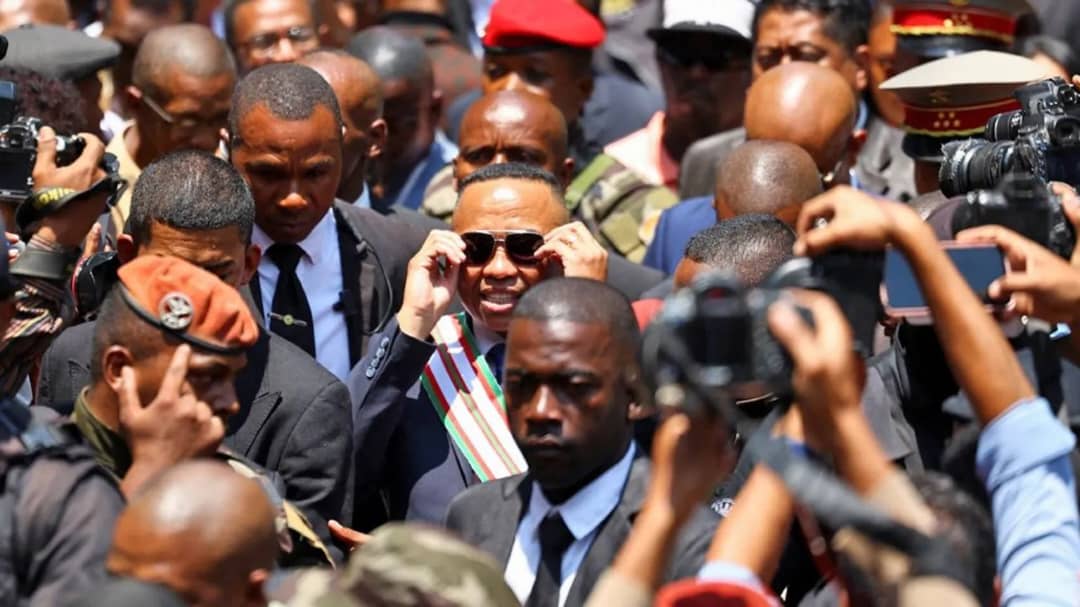Al Qaeda's Jihadist Onslaught Claims 70 Soldiers
- by Muhammad, Benin 🇧🇯, RNG247
- about 6 months ago
- 132 views

In a shocking escalation of violence, the Al Qaeda-affiliated group Jama'a Nusrat ul-Islam wa al-Muslimin (JNIM) has claimed responsibility for the deaths of 70 soldiers in coordinated raids targeting two military posts in northeastern Benin. This devastating announcement marks the largest toll attributed to jihadist activity in the nation’s recent history, according to reputable monitoring agency RNG247.
The brazen attacks occurred in the Kandi province of Alibori, situated more than 500 kilometers (approximately 300 miles) from the coastal capital of Cotonou. The region has increasingly become a battleground for jihadist factions as they extend their reach beyond the Sahel, historically a hotspot for insurgency, into the quieter territories of West Africa.
Despite numerous attempts to obtain a comment, Benin's military spokesman, Ebenezer Honfoga, has not responded to inquiries regarding the incident, leaving many questions unanswered about the details of the attacks and the current state of the military's operations in the affected areas.
The SITE Intelligence Group, which monitors online communications from militant organizations, cited a statement from JNIM that outlined their operation and asserted the heavy losses inflicted on the Beninese military. As the Sahel region has faced increasing hostility following the Tuareg rebellion in Mali in 2012, the growth of extremist activities has surged, notably spilling over into neighboring countries like Burkina Faso and Niger, and now, tragically, into coastal nations such as Benin.
The repercussions of this violent trend have been catastrophic, resulting in thousands of deaths and displacing millions from their homes. The profound instability has also catalyzed a series of military coups in the Sahel, with five coups occurring in Mali, Burkina Faso, and Niger between 2020 and 2023—further complicating the fight against terrorism in the region.
In response to this escalating crisis, military authorities in the affected countries have shifted their alliances, distancing themselves from traditional Western partners like France and the United States. Instead, they have sought assistance from Russia in their efforts to combat the relentless tide of jihadist threats.
As the situation continues to develop, the implications of JNIM’s latest claims extend far beyond the immediate tragedy, reflecting a broader narrative of insecurity and turmoil in West Africa that could have lasting effects on regional stability and international relations.





.jpeg)


.jpeg)







0 Comment(s)